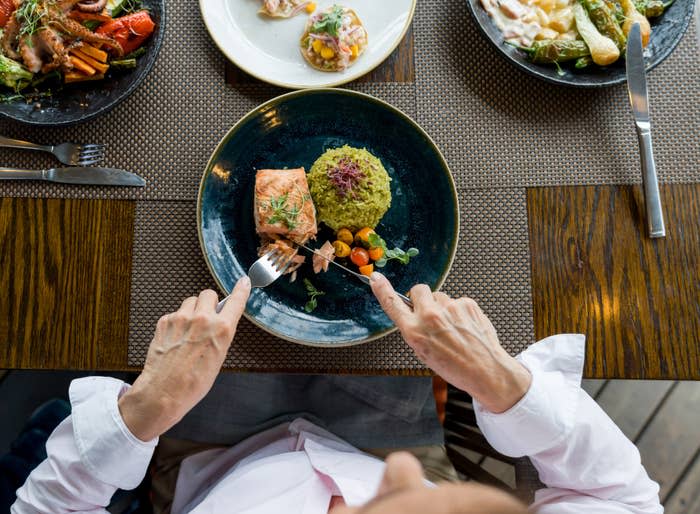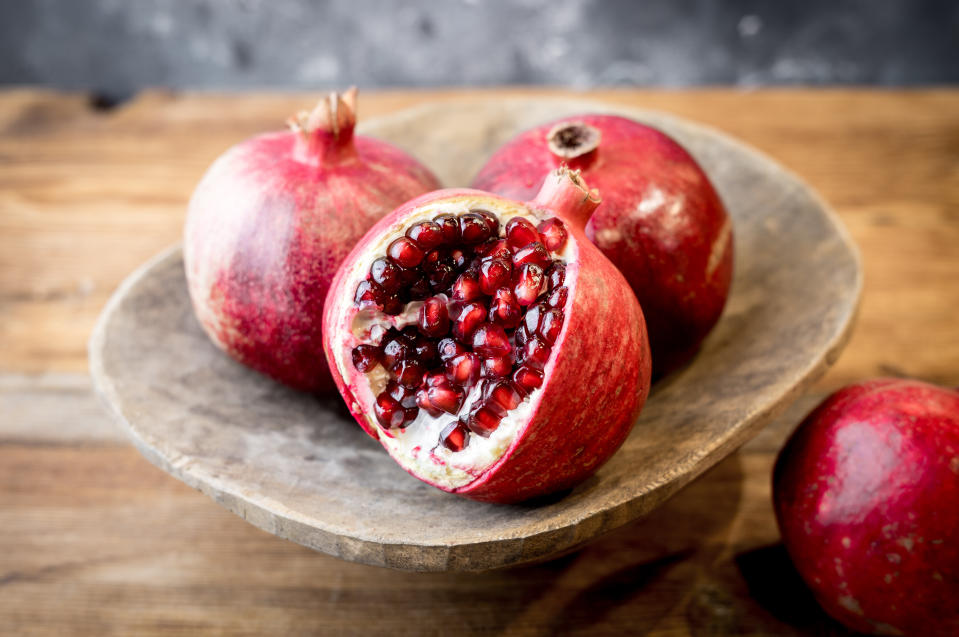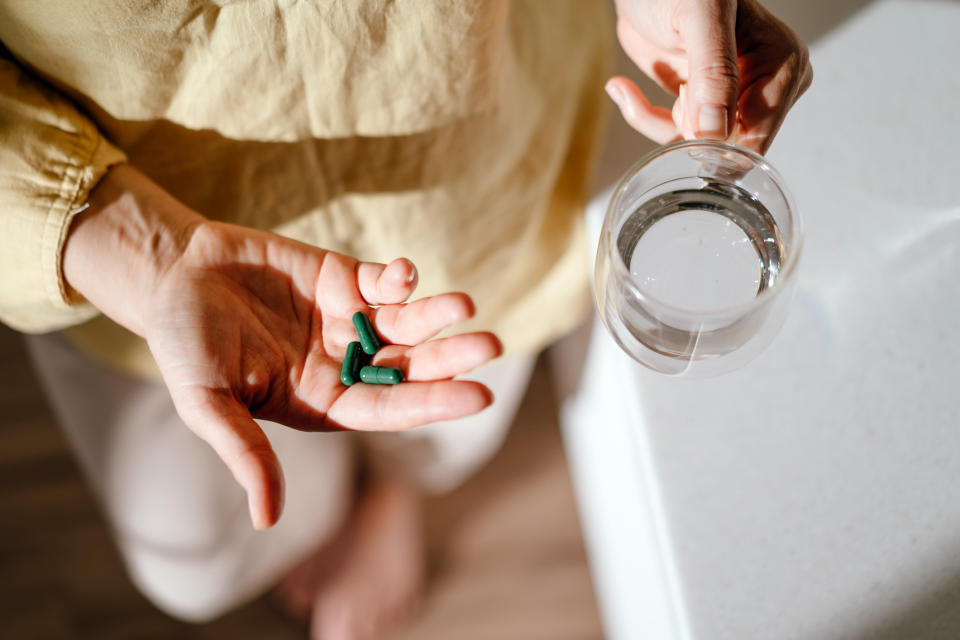Each decade of our lives looks a little different. Many of us are familiar with having unlimited energy in our 20s, even after four hours of sleep and a few margaritas, and needing a lot more sleep (and less alcohol) in our 30s. From the moment we are born, our bodies and nutritional needs are changing – which is why it makes sense that we need certain foods less and less as we age.
Certain foods may be helpful for energy levels as we age, explained Kimberly Gomer, registered dietitian and former director of nutrition at Pritikin Longevity Center. But nutrition can also be fundamental in preventing diseases. “The main driver of all diseases, whether heart disease, cancer, diabetes, obesity or dementia, can have their roots in inflammation,” she said. “The way this inflammation reacts in our body seems to intensify as we age, creating illness and suffering. Following an anti-inflammatory diet, along with eliminating inflammatory foods, is key to maintaining incredible physical and mental health as we age.
The 1 Food You Should Eat More As You Get Older

If you’re looking for a specific food that could move the needle health-wise, the experts we spoke to suggested opting for high-quality fatty proteins, namely salmon. “Fatty fish, like salmon, are rich in EPA (eicosapentaenoic acid) and DHA (docosahexaenoic acid),” which are long-chain omega-3 polyunsaturated fatty acids, he explained. Dr. a board-certified primary care physician specializing in longevity medicine and brain performance. “Older adults should try to include them in their diet at least twice a week to increase their intake of omega-3s, which support brain health and reduce inflammation.”
Gomer added that we need protein for muscle maintenance and strength, and healthy fat for hormones and fat-soluble vitamins. “As we age, we will naturally lose muscle – if we don’t use it, we will,” she said. “And as we age, many things can happen in our lives that make us less active and less motivated to build and maintain muscle. All of our cells, including our brain cells, need healthy fats to function. When we don’t provide them, we can have physical and cognitive problems.”
Edwina Clark, a registered dietitian added that if you don’t like salmon, other high-quality protein sources can include skinless poultry, eggs, and tofu. It is especially important for people aged 65 and over. “Studies indicate that the ideal protein intake for older adults is 1-1.2 grams [per kilogram of body weight], which is higher than the general recommendation for adults of 0.8 grams per day,” she said. With this in mind, any of the foods listed could be beneficial in helping you meet your needs.
Other foods you should consider adding to your plate


While loading up on protein and healthy fat is absolutely a good idea as you age, Cooke noted that leafy greens — like kale or spinach — are also smart additions, especially if you don’t eat them much now. “Leafy greens are rich in lutein, zeaxanthin and other antioxidants,” he said. “These are also a great source of B vitamins such as folic acid, niacin, riboflavin and vitamin B6, which are important for healthy brain function.”
Clark also recommends pomegranates. “Pomegranates are a rich source of antioxidants to combat oxidative damage and contain a group of compounds called ellagitannins,” she said. “Ellagitannins are converted to something called urolithin A by gut bacteria in some people, and urolithin A has been shown to offset some of the effects of aging, including muscle loss. Pomegranates are also a rich source of fiber… and help regulate blood sugar, promote satiety, and protect against colon cancer.”
How nutritional needs differ for men and women


Men and women have different nutritional needs at all stages of life, including as they age. “Men generally require higher protein intake to maintain muscle mass, which can decrease with age,” Cooke said. “They also tend to have higher calorie needs due to greater muscle mass and a higher metabolic rate, although this need decreases as they age. Zinc is particularly important for men as it supports prostate health and immune function.”
For women, calcium and vitamin D become crucial for maintaining bone health, especially after menopause when the risk of osteoporosis increases. “Iron needs decrease after menopause, but it remains important for energy levels,” Cooke said. “Folate is essential for cognitive and cardiovascular health. Additionally, phytoestrogens, found in soy products, can help mitigate menopausal symptoms.”
What about supplements?


It seems like supplements are everywhere these days, so you might be wondering if you can use them to fill any nutritional gaps. While the jury is still out on the effectiveness of supplements, Gomer said, in many cases they won’t hurt — as long as you try a food-first approach.
“If a person has a known deficiency, it is always best to use food first, as nutrients from food tend to be better accepted and absorbed by the body,” she said. “But sometimes a supplement is needed. This should be done when a lab test to see a baseline is first done and then the proper supplement and dosage are determined. For example, many of my clients are low in vitamin D, which is difficult to obtain through diet alone, so a supplement can be helpful.”
While nutrition may seem more complicated as we age, it doesn’t have to be that way. You can be sure that if you eat salmon a few times a week and also eat a few handfuls of leafy greens, you will be in very good shape.This article originally appeared on HuffPost.





































